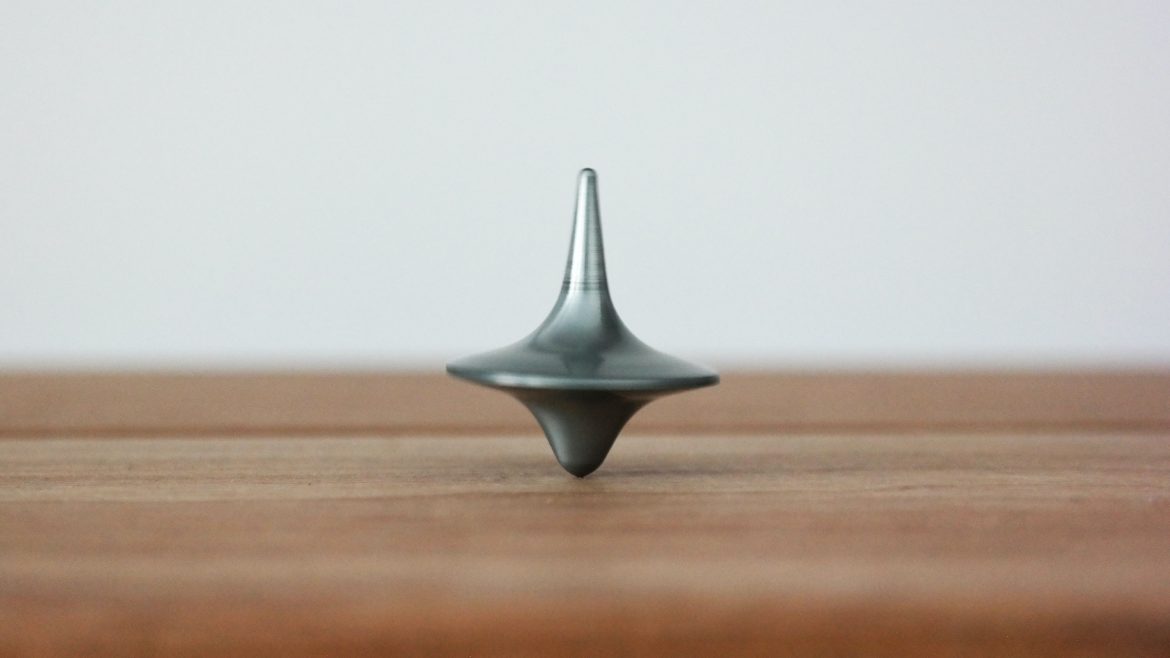Mastering the art of communication in relationships: techniques to deepen parental connection & understanding.
https://pareful.com/wp-content/uploads/2024/02/Parental-Relationship-Communicaton-Pareful-683x1024.jpg 683 1024 Get Started with Pareful Today | Meditations & Therapies Built for Parents Get Started with Pareful Today | Meditations & Therapies Built for Parents https://pareful.com/wp-content/uploads/2024/02/Parental-Relationship-Communicaton-Pareful-683x1024.jpgThe importance of effective communication in parental relationships.
Effective communication is the cornerstone of any healthy relationship, and this holds true for parental relationships as well. As parents, it is essential for us to master the art of communication in order to deepen our connection and understanding with our children. Communication is not just about talking, but also about actively listening, understanding, and responding in a way that fosters trust and openness. When we communicate effectively with our children, we create an environment where they feel heard, valued, and supported.
One of the key benefits of effective communication in parental relationships is the strengthening of the parent-child bond. When we communicate openly and honestly with our children, we build trust and create a safe space for them to express their thoughts, feelings, and concerns. This, in turn, deepens our connection with them and helps us understand their needs and desires better. Furthermore, effective communication instils in our children the confidence to approach us with their problems, knowing that they will be heard and understood. By nurturing a strong parent-child bond through effective communication, we set the foundation for a lifelong relationship built on trust and mutual respect.
Common communication challenges between parents.
While effective communication is vital in parental relationships, it is not always easy to achieve. There are several common communication challenges that parents face, which can hinder the depth of understanding and connection in their relationships. One of these challenges is the lack of active listening. In the hustle and bustle of daily life, it is easy for parents to become distracted or preoccupied, making it difficult to truly listen to their children. This can lead to misunderstandings and missed opportunities for connection. Another challenge is the use of negative or critical language. When parents resort to criticism or blame, it creates a defensive atmosphere that hinders open and honest communication.
Additionally, differences in communication styles between parents can also pose a challenge. For example, if one parent is more direct and assertive while the other is more passive, it can create a disconnect in their communication. Recognising these common challenges is the first step towards overcoming them and improving parental communication.
Techniques to improve parental communication.
Fortunately, there are several techniques that parents can employ to improve their communication and deepen their connection with their children. One such technique is mirroring. Mirroring involves actively listening to your child and then reflecting back what you heard to ensure understanding. This technique not only demonstrates that you are fully present and engaged in the conversation but also provides an opportunity for clarification and validation.
Another technique is to pay attention to nonverbal communication cues, such as body language and facial expressions. These cues often convey emotions and feelings that may not be expressed verbally. By being attuned to these nonverbal cues, parents can gain a deeper understanding of their child’s emotional state and respond accordingly. Validation is another powerful technique in improving parental communication. When parents validate their child’s thoughts and feelings, it shows that they are being heard and understood, which fosters trust and openness.
Empathy is also a crucial skill to utilise in parental conversations. By putting ourselves in our child’s shoes and understanding their perspective, we can respond in a way that is sensitive and supportive. Lastly, discussing behaviour change between parents can greatly improve communication. By openly discussing and aligning our approaches to discipline and parenting, we create consistency and unity in our communication, which ultimately benefits our children.
Mirroring: a key skill for effective communication.
Mirroring is a key skill that can greatly enhance the effectiveness of communication in parental relationships. When we mirror, we actively listen to our child or partners words, thoughts, and feelings, and then reflect back what we heard to ensure understanding. This technique not only demonstrates that we are fully present and engaged in the conversation but also allows for clarification and validation. Mirroring can be done by paraphrasing what your child or partner said or summarising their thoughts and feelings. For example, if they say, “I’m really frustrated because I didn’t get invited to the party,” the parent can mirror by saying, “I hear that you’re feeling frustrated because you didn’t receive an invitation to the party.”
By mirroring in this way, parents show that they are actively listening, validating emotions, and creating a safe space for further discussion. Mirroring also allows for any misunderstandings to be addressed and corrected, ensuring effective communication and a deeper connection between both parties.
Nonverbal communication: understanding body language & facial expressions.
In addition to verbal communication, nonverbal communication plays a significant role in parental relationships. Understanding and interpreting body language and facial expressions can provide valuable insights into our child or partner’s thoughts, emotions, and needs. For example, crossed arms and a furrowed brow may indicate that our child is feeling defensive or upset. In contrast, open posture and a smile may indicate that they are feeling relaxed and receptive.
By paying attention to these nonverbal cues, we can adjust our communication approach accordingly, ensuring that our messages are received and understood. Additionally, nonverbal communication can also be used by parents to convey empathy and understanding. A gentle touch, a reassuring hug, or a warm smile can go a long way in showing our loved ones that we are there for them and that we genuinely care. By being mindful of our own nonverbal cues and attuned to those of our family, we can enhance our communication and deepen our connection.
Validation: acknowledging your partner’s point of view.
Validation is a powerful technique in improving parental communication. When we validate our loved ones thoughts and feelings, we acknowledge and accept their perspective as valid, even if we may not agree with it. Validation shows that we are actively listening, empathising, and showing respect. It creates a safe space for them to express themselves and encourages open and honest communication.
To effectively validate, we can use phrases such as, “I understand why you feel that way,” or “Your feelings are important, and I hear you.” By validating these thoughts and feelings, we communicate that their emotions are valid and worthy of attention. This fosters trust and openness, creating an environment where our loved ones feel comfortable sharing their thoughts and concerns. Validation also helps to prevent misunderstandings and conflicts by ensuring that both parties feel acknowledged and understood.
Empathy: how to use this in parental conversation.
Empathy is a fundamental skill that parents can utilise in their conversations to deepen connection and understanding with their children/partners. By putting ourselves in their shoes and understanding their perspective, we can respond in a way that is sensitive and supportive. Empathy involves actively listening to our child’s thoughts and feelings, and genuinely trying to understand their experience. It requires us to set aside our own biases and judgements and approach the conversation with an open mind and heart.
When we respond with empathy, we validate emotions and create a safe space for them to express themselves. We can express empathy by using phrases such as, “I can imagine that must have been difficult for you,” or “I understand how you feel, and I’m here for you.” By demonstrating empathy in our conversations, we strengthen our bond and show them that we are truly there for them, no matter what.
Discussing behaviour change between parents.
Effective communication in parental relationships also involves openly discussing and aligning our approaches to discipline and behaviour change. It is essential for parents to have open and honest conversations about their expectations, boundaries, and consequences. By discussing behaviour change, we create consistency and unity in our communication, which ultimately benefits our children. It is important to approach these discussions with respect, empathy, and a willingness to compromise. By finding common ground and coming to a mutual understanding, we can present a united front to our children, which promotes a sense of security and stability.
Additionally, discussing behaviour change allows parents to share insights, strategies, and resources, which can greatly enhance their effectiveness in guiding their children’s behaviour. By working together as a team and communicating openly about behaviour change, parents can create an environment that is supportive and conducive to their child’s growth and development.
Nurturing strong parental connections through effective communication techniques.
Effective communication is crucial in nurturing strong parental connections and deepening understanding with our children. By employing techniques such as mirroring, paying attention to nonverbal cues, validation, empathy, and discussing behaviour change, we can enhance our communication skills and create an environment where our children feel heard, valued, and supported. Through effective communication, we strengthen the parent-child bond, foster trust and openness, and set the foundation for a lifelong relationship built on mutual respect. So, let’s master the art of communication in our parental relationships and watch as our connections with our children flourish.
Join Pareful.
Take the first step towards improving parental relationships through mindfulness and sign up to Pareful today. With our resources and support, you’ll be well on your way to improving your family connection with the support of Pareful
Join Pareful to access a range of 40+ parent-specific mindfulness resources to help you navigate parenting and promote your own well-being.
You don’t have to face it alone – join us today!
Your journey to harmony begins here.










